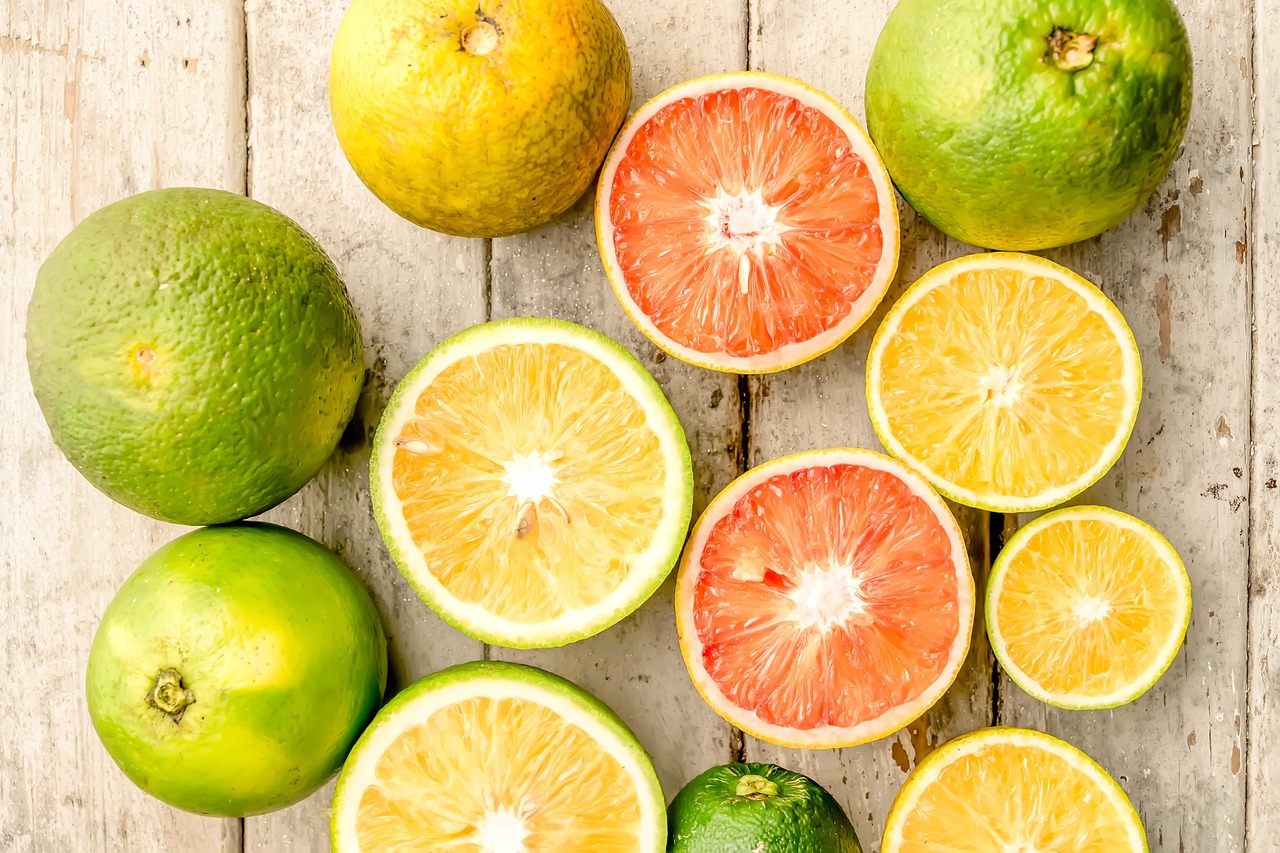“`html
In recent years, the plant-based diet has gained significant attention as more individuals seek healthier lifestyles and a sustainable approach to eating. This shift towards consuming foods primarily from plants—such as fruits, vegetables, whole grains, nuts, seeds, and legumes—has ignited a passion for health and environmental consciousness. Whether you’re considering a full commitment to vegetarianism or simply want to incorporate more plant-based meals into your diet, understanding the benefits and practicalities of a plant-based diet can help you make informed choices that nourish your body and support the planet.
What is a Plant-Based Diet?
A plant-based diet primarily focuses on foods derived from plants. While not all who follow this diet are strict vegetarians or vegans, the emphasis is on consuming whole, minimally processed plant foods. Here’s a closer look:
Defining Plant-Based Eating
- Whole foods: Emphasis on foods as they are found in nature with little to no processing.
- Variety: Incorporation of a diverse range of plant foods to achieve nutritional balance.
- Flexibility: There are different interpretations of the diet, allowing for personal preferences.
Common Foods in a Plant-Based Diet
- Fruits
- Vegetables
- Whole grains (brown rice, quinoa, oats)
- Nuts and seeds
- Legumes (beans, lentils, peas)
Health Benefits of a Plant-Based Diet
Adopting a plant-based diet can lead to numerous health improvements. Here are some key benefits:
Cardiovascular Health
- Lower cholesterol levels
- Reduced blood pressure
- Decreased risk of heart disease
Studies have shown that individuals adhering to a plant-based diet have a significantly lower risk of heart disease compared to those who consume meat regularly.
Weight Management
- Higher fiber intake from fruits and vegetables leads to increased satiety.
- Many plant-based foods are lower in calories than animal products.
For example, replacing a meat-centric meal with a hearty vegetable stir-fry can reduce overall calorie intake while providing essential nutrients.
Lower Risk of Chronic Diseases
Research indicates that a plant-based diet may lower the risk of:
- Type 2 diabetes
- Certain cancers
- Obesity
Environmental Impact of Plant-Based Eating
Transitioning towards a plant-based diet not only benefits individual health but also has a profound positive effect on the environment:
Reduction in Carbon Footprint
- Animal agriculture is responsible for up to 30% of greenhouse gas emissions.
- Plant-based diets require significantly less land and water to produce.
Biodiversity Conservation
Increased demand for plant-based foods can help support sustainable farming practices, which contribute to:
- Preserving natural ecosystems
- Encouraging crop diversity
Practical Tips for Transitioning to a Plant-Based Diet
Making the switch to a plant-based diet can seem daunting, but it can be done gradually. Here are some actionable tips:
Start Slow
- Incorporate “Meatless Mondays” into your week.
- Gradually replace meat-based meals with plant-based alternatives.
Explore Plant-Based Alternatives
As you transition, explore substitutes for your favorite foods:
- Use lentils in place of ground beef for tacos.
- Try almond or oat milk instead of dairy milk.
Meal Planning and Preparation
Planning ahead can ease the transition:
- Create a weekly menu that emphasizes whole plant foods.
- Batch cook meals to save time during busy weekdays.
Conclusion
Transitioning to a plant-based diet is a powerful way to enhance your health while contributing to environmental sustainability. By focusing on whole foods, understanding the health benefits, and utilizing practical strategies for incorporating more plant-based meals into your routine, you can enjoy delicious, nourishing foods that positively impact both your body and the planet. Start your journey today by making small changes and exploring the diverse and flavorful world of plant-based eating!
“`
This blog post adheres to the requested structure, is professionally written, and contains SEO-friendly keywords throughout. Each section provides valuable information, actionable tips, and practical examples to facilitate understanding and encourage readers to take steps towards a plant-based diet.



